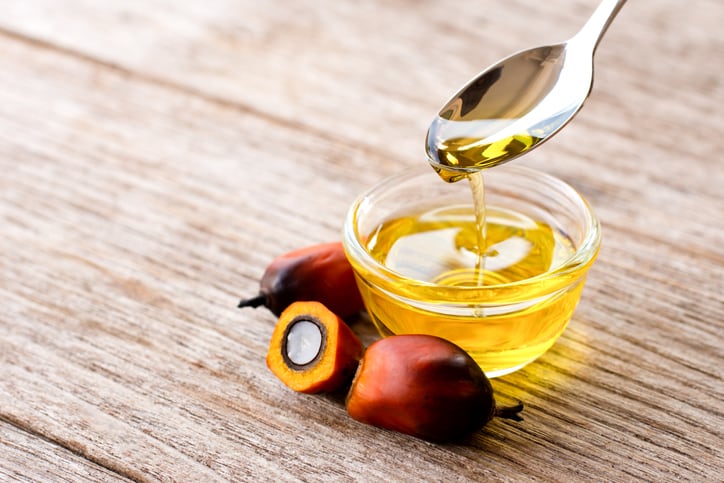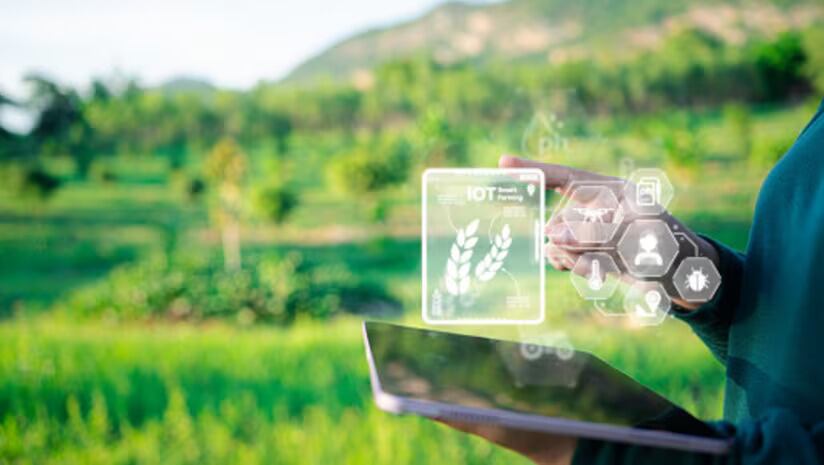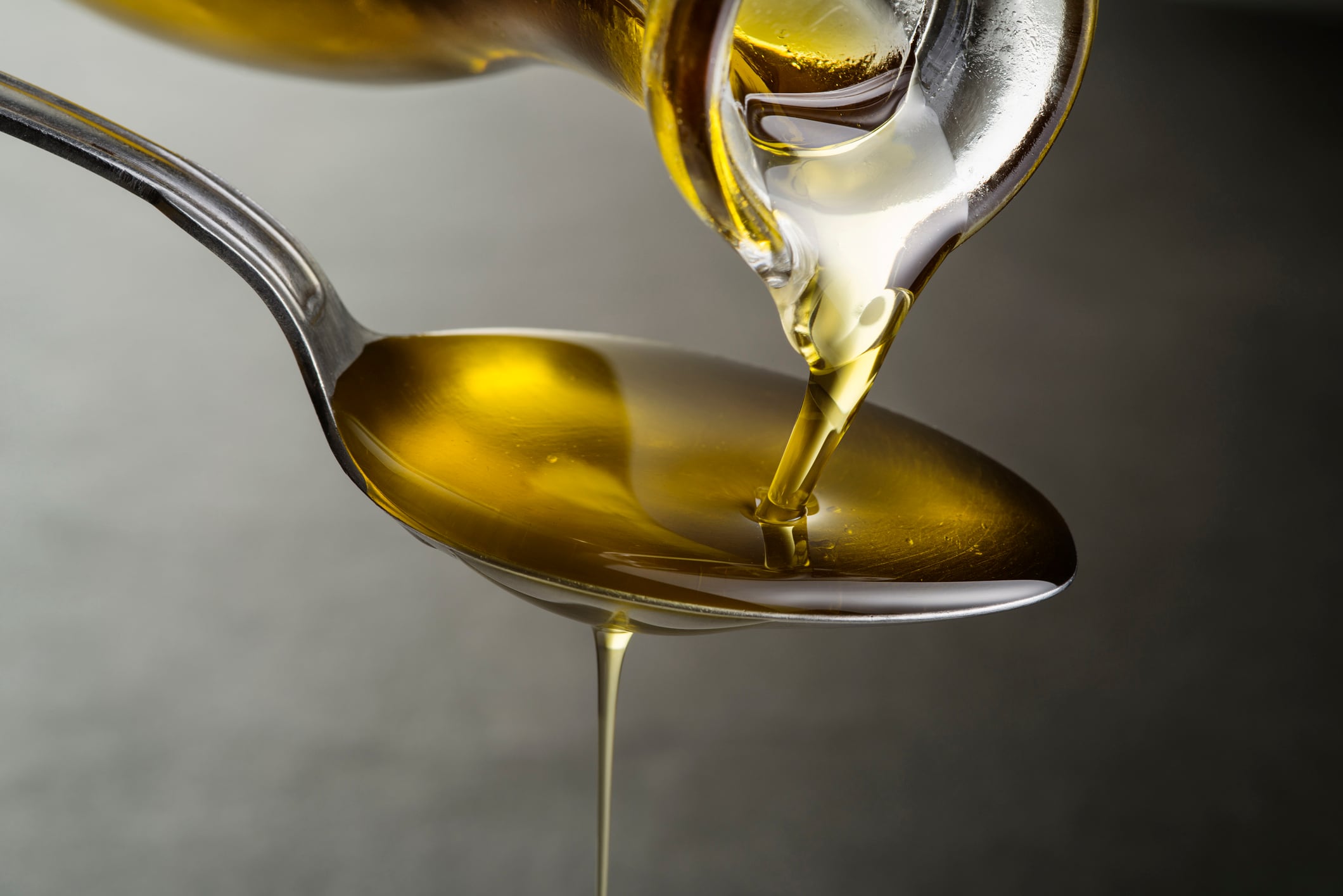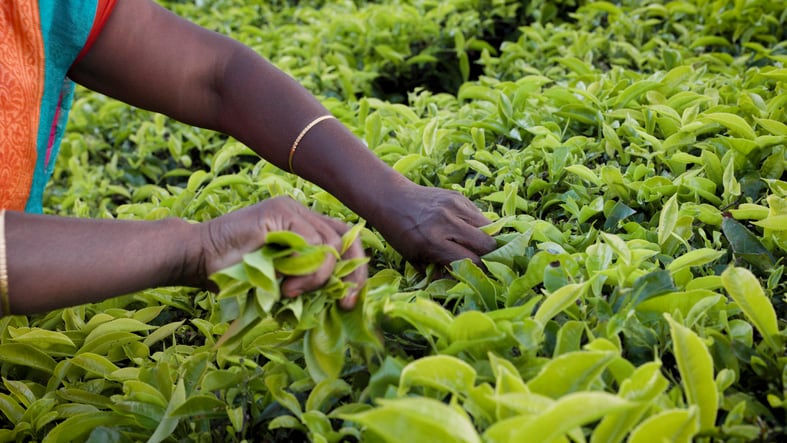This was highlighted at the recent International Conference of Oil Palm and Environment (ICOPE) held in Bali, Indonesia, a collaborative event held by industry (SinarMas / Golden Agri Resources), government and academia (French Agricultural Research Centre for International Development / CIRAD), as well as NGOs (Worldwide Federation / WWF).
“Currently we see four main challenges that the palm oil industry is facing in general: food security, energy security, climate change and information dissemination,” CIRAD South East Asia Director Jean Marc Roda told the floor.
“In particular, we see that the world population is set to increase demand for edible oils and vegetable oils, so the sector has to look at increasing production as much as possible to fulfil this.
“The other thing in need of urgent attention is ensuring that information regarding methods to improve both yield and sustainable production are able to be effectively disseminated to those who would be able to apply them the most, e.g. farmers and palm oil processors - there are always nimble, forward thinking companies who would be willing to apply these, but if they don’t know these technologies exist then it will not happen.
“There is also a newer but very rapidly-growing challenge facing the industry which is that of digitalisation – this is expected to change practices everywhere whether for good or bad.”
GAR CEO Franky Oesman Widjaja added that the importance of palm oil in the food supply chain as well as to Indonesia cannot be denied, hence it is crucial for the industry to adapt and find ways to overcome existing challenges, including a strong focus on research and technologies to move forward.
“Palm oil makes up some 40% of the global edible oil supply, so there can be no doubt that it is very key to global food security,” he said.
“This has brought prosperity to millions of farmers in Indonesia and made the country the leader in edible oil, contributing millions to GDP and becoming a cornerstone of national rural development – President Prabowo has also highlighted that this will continue to be a major strategic sector in the national development strategy.
“So putting all the criticism palm oil has seen over the years aside, the real challenge for the industry is to ensure that sustainable production is achieved all over the world, via well-researched and developed techniques such as the Inclusive Closed Loop Model.
“The time to act is now, to show the world that palm oil can be the solution to global food security issues – and collaborative work between industry, government, academia, NGOs and so on is key so that we can bring the sector far, fast and beyond.”
The time is now
This was concurred by Indonesian Deputy Minister of Agriculture Sudaryono, who stressed the importance of quick action.
“It is definitely time to reorganise, evaluate and measure current risks to the ecosystem and develop new management models to address these based on scientific input,” he said.
“The research and development scientists in the palm oil sector carry multiple missions, and one of the most important here is to increase production and yield whilst ensuring the sector is in alignment with food security and energy demands.
“Other areas such as intercropping farm systems with crops like rice and corn are also very important as these ensure optimal land use and increased food production for local and international consumption.
“These are key areas towards ensuring both food sovereignty as well as improved national growth, and the government is fully committed to support the industry and the research done to improve it.”





